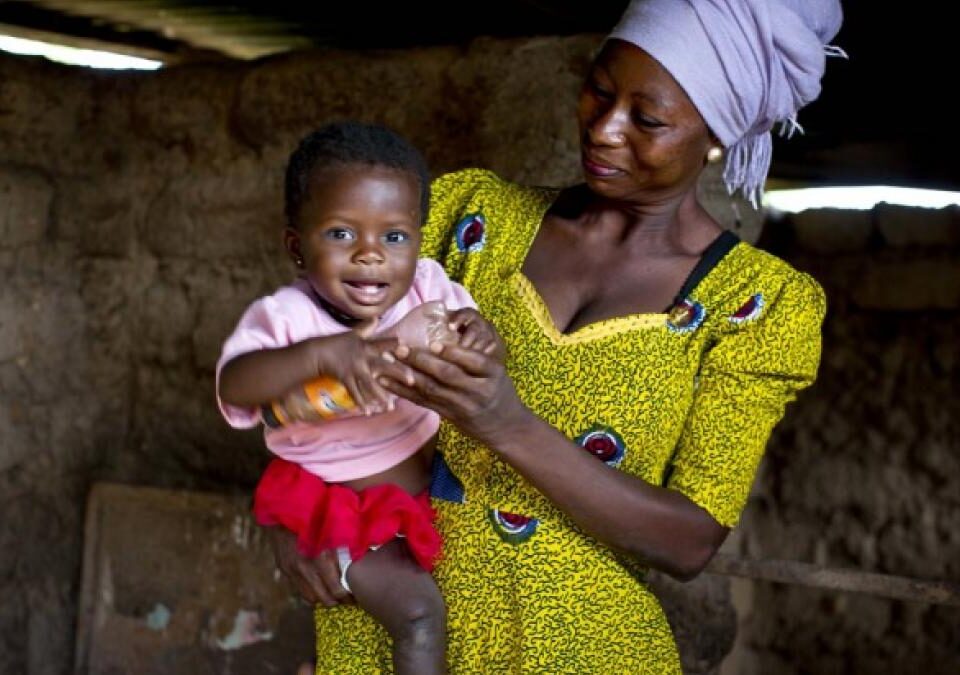TeCLA – 6 months Pilot Project

Breastmilk For Life Project
June 14, 2023
Networks of Practice Evidence Translation
June 15, 2023The shortage of healthcare professionals, brain drain of skilled workers, and inadequate education and training programs pose critical challenges in Africa. To address this, mDoc Healthcare, based in Lagos,
Nigeria, has developed Tele-education for Clinicians and Leaders in Africa (TeCLA). TeCLA aims to enhance the capacity of healthcare workers, mid-level managers, and leaders across Africa in key health areas through capacity-building opportunities.
The TeCLA project initially conducted a pilot in Nigeria and Kenya, training over 1000 healthcare workers on Non-Communicable Diseases (NCDs) and their intersection with reproductive health. Building upon GIZ's collaboration with the Coalition for Health (C4H) in training healthcare workers on NCD care, mDoc Healthcare, in partnership with GIZ, is expanding its efforts.
Additionally, in Ghana, mDoc Healthcare is partnering with the Ubora Institute and collaborating with the Ghana Heart Initiative (funded by GIZ) to leverage existing capacity-building initiatives.
TeCLA adopts the University of New Mexico's Extension for Community Healthcare Outcomes (ECHO®) model, which was developed over a decade ago to enhance access to care for complex chronic health conditions by providing virtual education and training to local healthcare providers who seek to improve their skills.
The pilot phase of TeCLA aims to achieve the following objectives:
1. Enhance the knowledge of healthcare workers, mid-level managers, and leaders on key health thematic areas, particularly Non-Communicable Diseases (NCDs).
2. Contribute to improving the quality of care delivered by healthcare providers in Ghana and across Africa.
3. Support the Ubora Institute in becoming a hub for learning and capacity-building in Ghana.
2. Contribute to improving the quality of care delivered by healthcare providers in Ghana and across Africa.
3. Support the Ubora Institute in becoming a hub for learning and capacity-building in Ghana.




